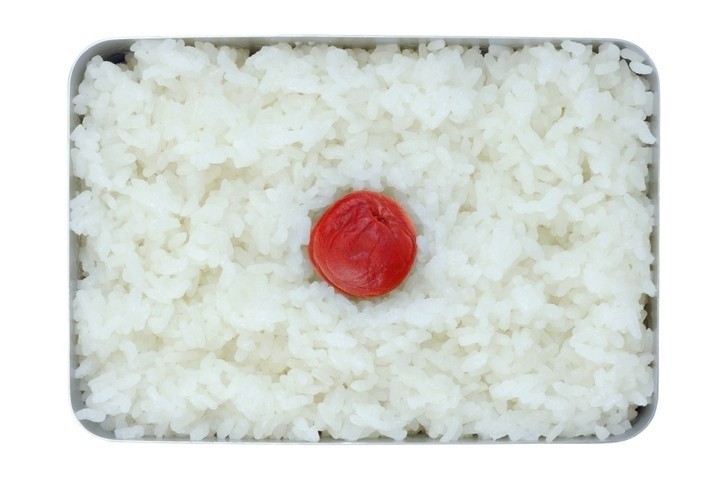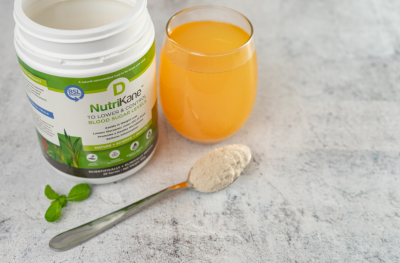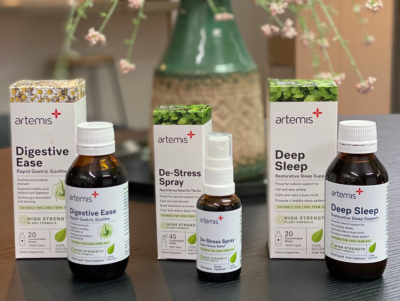Functional foods in Japan exclusive 2: GABA, black ginger, indigestible dextrin most popular ingredients, weight and blood sugar claims top chart

This is according to a report ‘FFC product analysis for fiscal 2020’ published by Smooth Link, a Japanese consultancy firm specialising in life sciences.
The fiscal year of 2020 (1 April 2020 to 31 March 2021) saw a record number of 1,067 products, bringing the total to 3,602 products since the system launched in 2015. Read Part I here.
Functional ingredient
Of this 1067 products in fiscal 2020, 163 products used only one functional ingredient, while the rest used a combination of two or more ingredients.
For fiscal 2020, the popular ingredients in single formulas include GABA, black ginger derived polymethoxyflavone, indigestible dextrin as dietary fiber, isomaltodextrin as dietary fiber, inulin and astaxanthin.
The popular ingredients used in combination formulas were DHA and EPA, lutein and zeaxanthin, ginkgo leaf-derived flavonoid glycoside and terpene lactone, salmon nasal cartilage-derived proteoglycan and undenatured type II collagen.
Last year, we reported the top functional ingredient used in FFC products were indigestible dextrin, GABA and lutein.
Health claims
In terms of health claims, the top claims found in products notified in fiscal 2020 were targeting blood glucose, BMI, intestinal regulation, fat, skin moisturising, blood pressure and cholesterol.
According to Hisaaki Kato, CEO and president of Smooth Link, these trends were likely contributed by the COVID-19 pandemic, which saw increased focus on underlying medical conditions.
“Those with underlying medical conditions are given priority for vaccination because they are at higher risk of developing severe cases of novel coronavirus infection.”
This meant conditions such as chronic respiratory, heart, kidney and liver diseases, diabetes, as well as obese people.
It should be noted that FFC products can have a specific effect on health, but cannot reduce the risk of any diseases.
Last year, fat-related claims topped the charts, followed by blood sugar, fatigue, blood pressure, cognition, eye care, stress and stress.
For fiscal 2020, Kato said products targeting bones, joints, muscles, stress, and sleep continue to perform well.
Beyond the generic health claims such as reducing blood pressure or glucose, companies can also make claims to target specific parts of the body. For example, they could make claims of maintaining liver or eye function, but only if they could produce and demonstrate scientific evidence.
“Consumers are more likely to choose a product that says ‘reduces fat around the abdomen and improve BMI’ than one that simply says ‘reduces visceral fat’. Direct expressions are better than abstract ones,” Kato told NutraIngredients-Asia.
Some of the popular health claims targeting specific parts of the body include abdomen (regulate bowel movement), skin (retain skin moisture), eye (relieve eye strain), knee (support knee movement), legs (support leg movement), bones (maintain bone composition), mouth (healthy oral health), lower back (alleviate discomfort), nose (alleviate discomfort) and liver (reduce zlanine aminotransferase levels in healthy people).
Product showcase
Among the 1062 products, there were also new health claims not seen in previous years.
This include some 16 products containing Kirin's proprietary Lactococcus lactis strain Plasma for immunity. It was Japan’s first FFC products registered for immune health, and highly regarded as a step forward in the field of immunology.
Other products include Sapporo Wellness Lab’s lemon derived-monoglucosyl hesperidin in reducing facial and foot swelling.
For fresh produce, Beisia’s fish containing DHA and EPA claimed to reduce fat, while soybean sprouts from Salad Cosmo contain GABA and soybean isoflavone to keep skin moisturised, lower blood pressure, and maintain bone composition.
There was also a sweetbread (sweet bean bun) from bread maker, Nichiryo Baking, containing globin-derived valine-tyrosine-proline, said to reduce the rise in blood triglycerides after eating.
Green tea producer Ito-En also had green tea leaves blends containing gallate-type catechin, claiming to help reduce body fat among people with a high BMI.
There was also a RTD tea beverage from Coca-Cola Japan containing GABA, claiming to improve memory and lower high blood pressure.
This is the first memory function recorded for the GABA ingredient. GABA has been used in FFC products with five functionalities including blood pressure, stress, sleep, vitality, and skin elasticity.



















